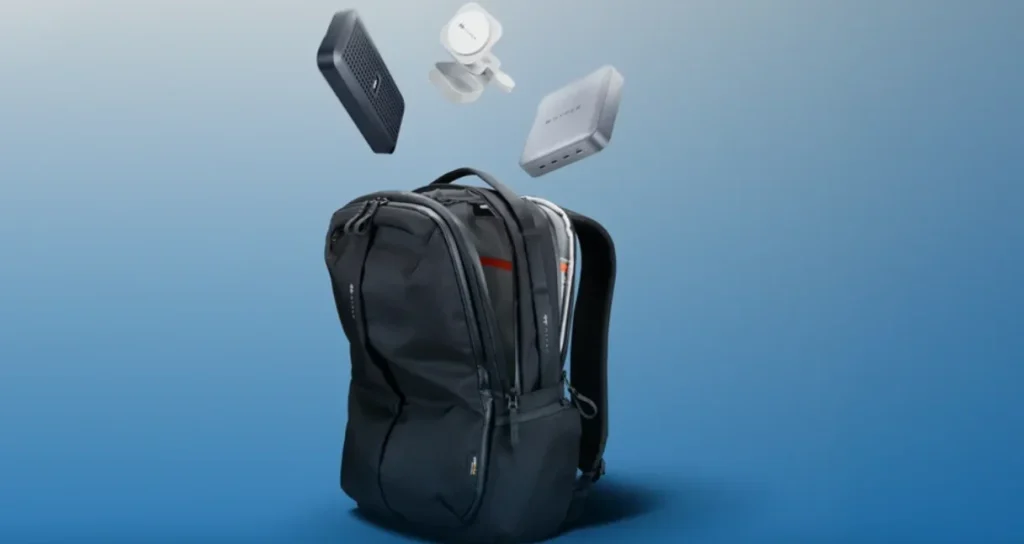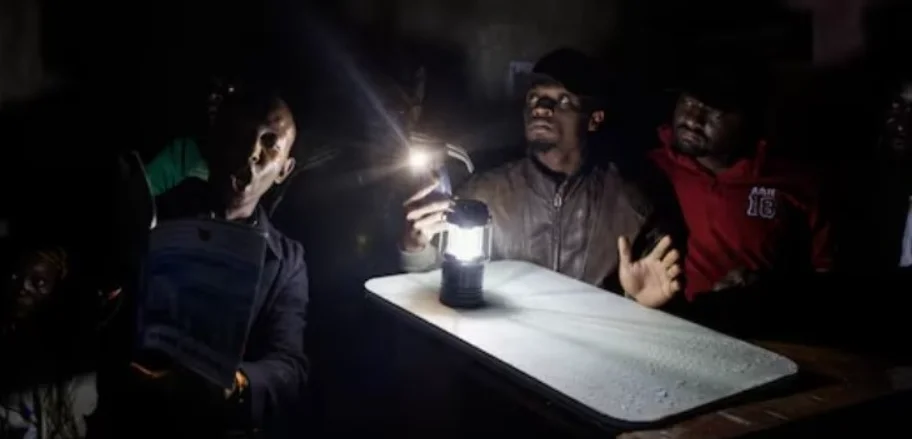Senator Ali Ndume to Empower Constituents in Borno with 5,000 SIM Cards, 1,000 POS Machines
Senator Ali Ndume is launching a new digital empowerment initiative aimed at connecting Borno South to the rest of Nigeria’s digital economy. The project promises free SIM cards for 5,000 residents and 1,000 Point of Sale (POS) machines for small business operators in the region.
The senator announced the initiative after a courtesy visit from MTN Nigeria’s management team in Maiduguri. The plan is part of ongoing efforts to rebuild communication and financial infrastructure in communities recovering from the Boko Haram insurgency.
Connecting Borno South to the Digital Economy
For years, telecom infrastructure in Borno South was repeatedly targeted during militant attacks. Each incident left communities isolated, without mobile signals, internet access, or financial services.
Many residents lost their SIM cards, phones, and digital identities during periods of displacement. Even after returning home, unstable networks remained a persistent challenge.
Senator Ndume believes the new project will help restore connectivity and promote financial inclusion, allowing residents to rejoin Nigeria’s growing digital space.
“We want to connect Borno South to the rest of the digital world,” the senator said. “This initiative is about rebuilding lives through communication and technology.”
A Continuation of 2024 Empowerment Efforts
This is not the first time Senator Ndume has championed digital empowerment in his constituency. In 2024, he trained 800 young people in POS operations, providing each with a POS machine and a ₦100,000 starter pack.
Following the success of that program, Ndume said the positive results encouraged him to scale up the initiative to include more beneficiaries. Registration for the 5,000 free SIM cards has already begun, targeting displaced residents and those living in newly reconnected areas.
Partnership with MTN Nigeria and the Senate Committee on Communications
MTN Nigeria has pledged support for the project, confirming ongoing network restoration efforts in Gwoza, Damboa, and other Borno South communities, with expansion planned for parts of Uba and Chibok.
Representatives from the telecom giant praised Ndume’s commitment to bridging the digital divide and presented him with corporate souvenirs during their meeting.
The senator also revealed plans to establish computer-based test (CBT) centres in collaboration with the Senate Committee on Communications, allowing students to sit for digital examinations without travelling long distances to urban centres.
Digital Inclusion or Market Expansion?
While the initiative has been widely welcomed, it also raises questions about the corporate motives behind such partnerships. Telecom companies benefit from millions of new users and increased transactions when new communities come online.
Observers note that while digital inclusion has clear social benefits, it also serves as a gateway for market expansion. For residents of Borno South, however, economic participation is the priority, regardless of who profits.
“People here just want stable signals and the chance to earn,” said a local trader. “If it takes MTN or Ndume to make that happen, so be it.”
Challenges Ahead: Sustaining Empowerment
Experts warn that sustaining such empowerment initiatives will require more than one-off donations. POS operators need security, cash flow, and financial trust from residents. SIM card distribution must be backed by consistent network coverage and affordable data access.
Likewise, computer-based testing centres will need a steady power supply, internet connectivity, and long-term maintenance to serve their purpose.
For Borno South, the project symbolises both hope and a test of sustainability, a sign that digital transformation must go beyond headlines to truly change lives.










